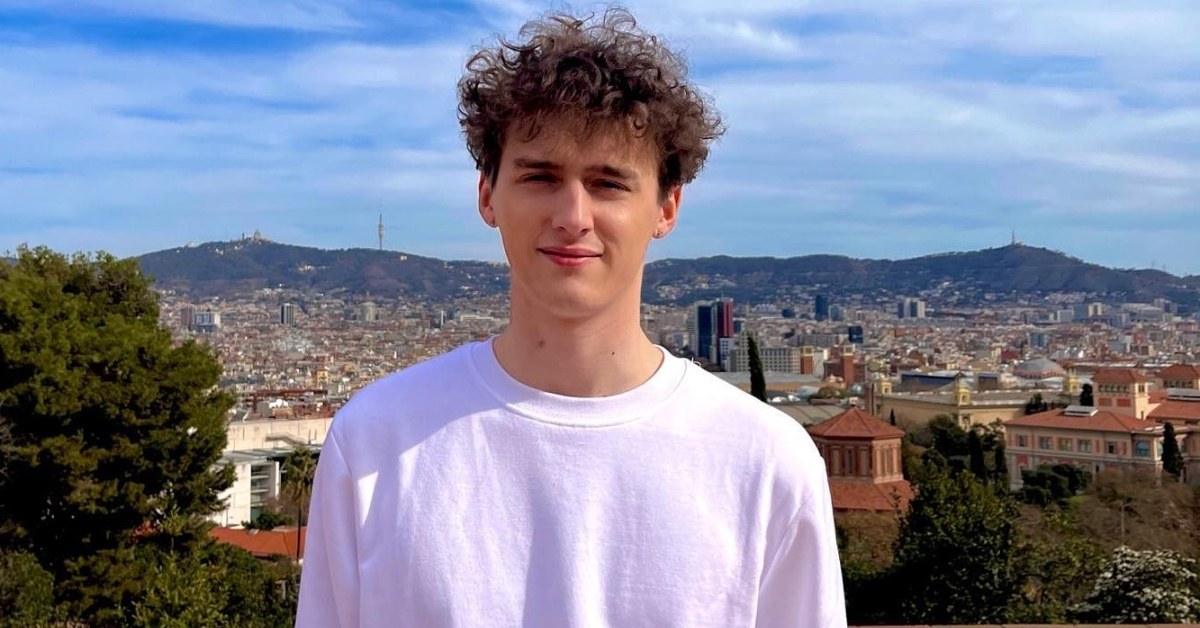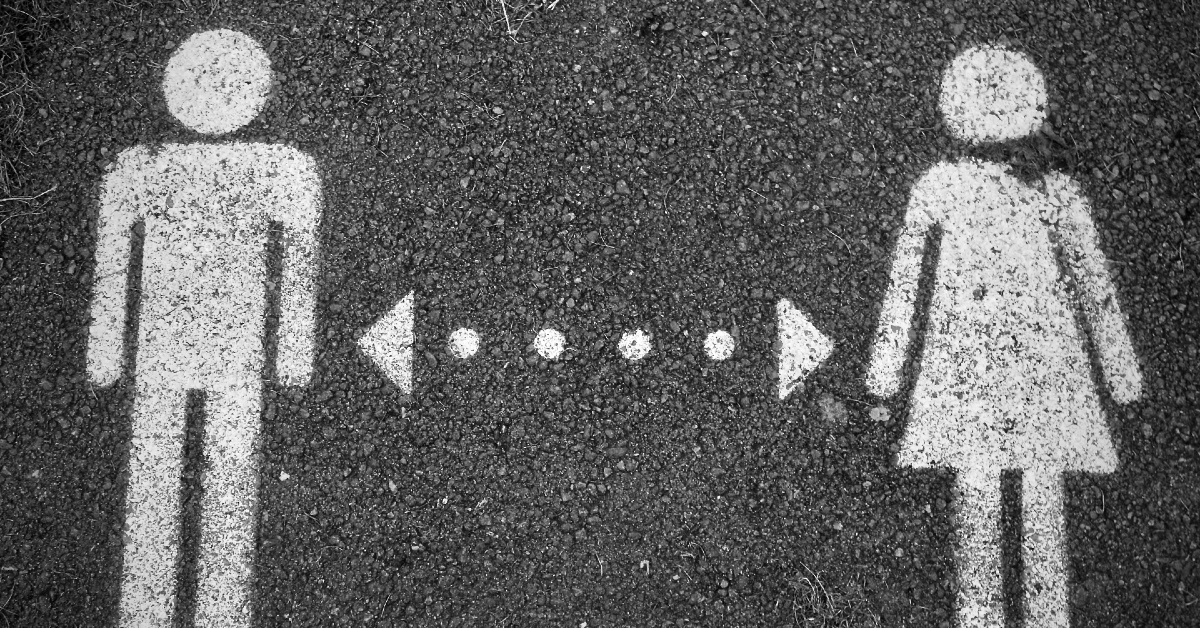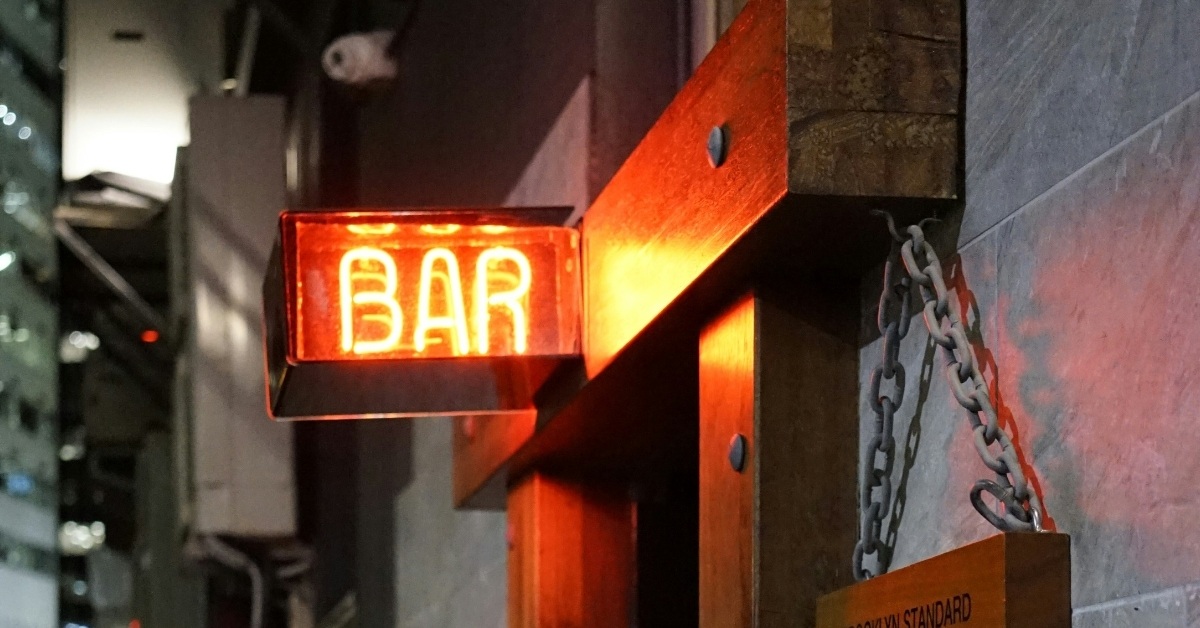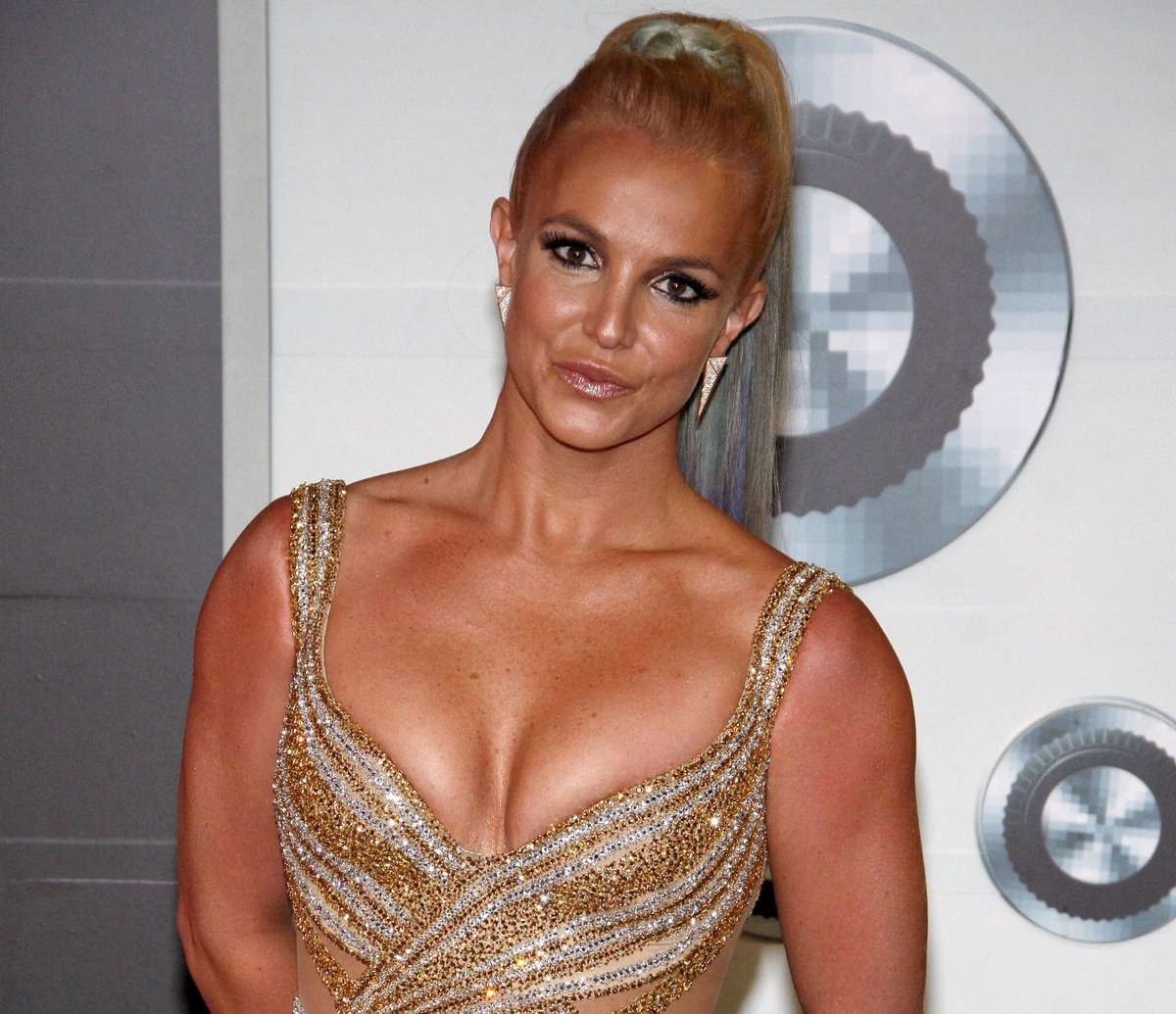BY: Jasmine Franklin
Published 2 months ago
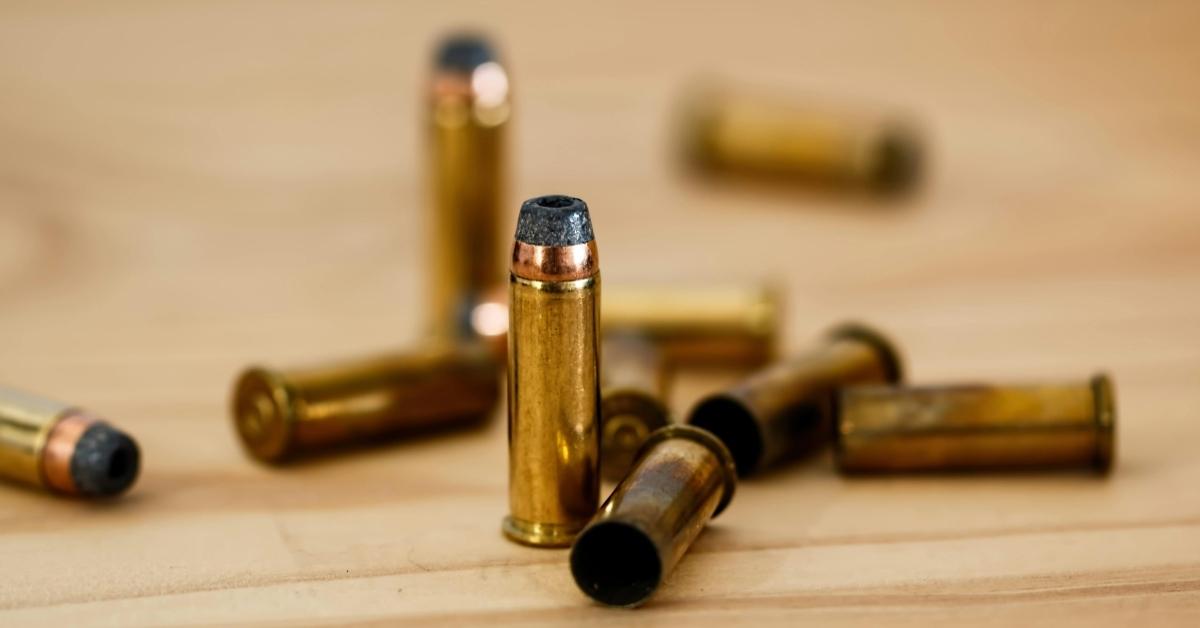
Department of Justice officials recently held discussions about a proposed transgender gun ban. ABC News reported the conversations came after the Minneapolis Catholic church shooting. The FBI said the shooter was a transgender woman. The proposed rule could restrict transgender people from owning firearms. Discussions are still in the early stages, focusing on potential regulatory changes.
For many in the transgender community, the proposal is a reminder of how their identity is politicized and vilified. Transgender Americans already face disproportionate rates of violence, discrimination, and harassment. A rule like this would single out a community that is often at risk rather than addressing the broader causes of gun violence.
Why the Administration Is Pushing a Transgender Gun Ban
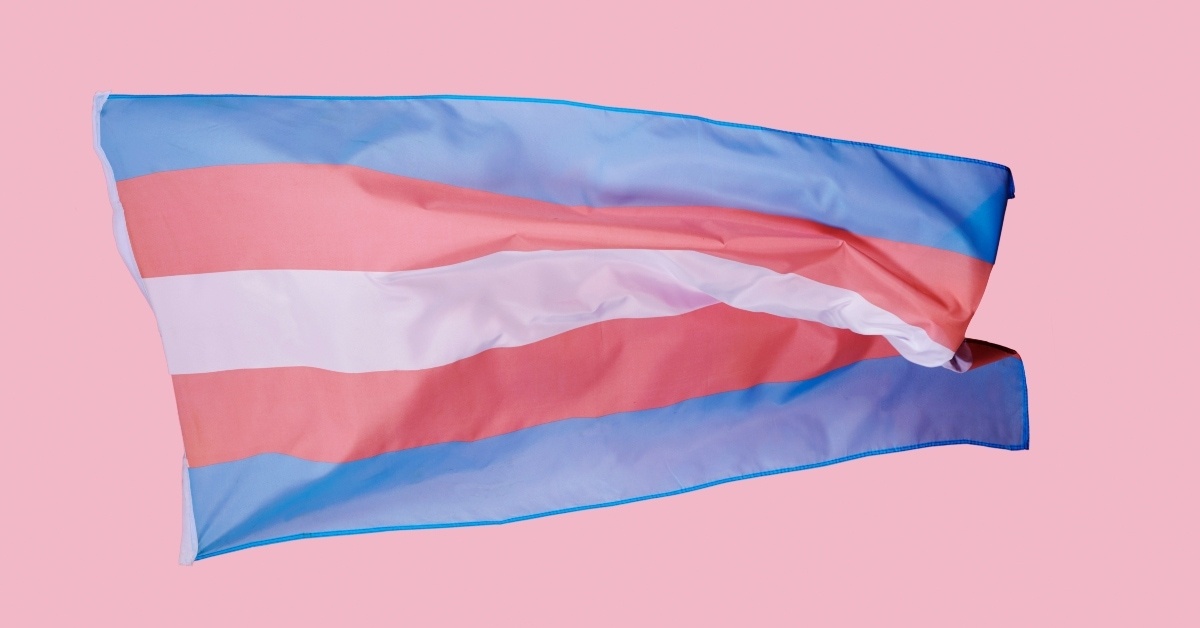
Right-wing media coverage of the Minneapolis shooting helped drive interest in the rule. DOJ officials claim restricting firearms for transgender people could prevent attacks. Experts disagree. According to The Violence Project, studies show that less than one percent of transgender people commit mass shootings.
If the ban is pushed, it will show a clear pattern of targeting the trans community through policy decisions that prioritize politics over safety. Furthermore, it overlooks the real issues, such as mental health and unregulated firearms, which remain largely unaddressed. The transgender gun ban reflects politics, not public safety.
Mass Shootings: Who Are the Real Culprits?
The administration’s focus on a transgender gun ban raises questions about its priorities. Mass shootings in the United States are predominantly committed by cisgender males. According to the Violence Project, about 98% of mass shooters are male. The Rockefeller Institute of Government reports that just over 54% of mass shooters are white, with an average age of 34.1 years. The rest of the percentage breakdown looks like 21.6% Black, 9.2% Latino, 5.5% Asian, and 5.3% Other represent mass shooters. Yet, the administration’s proposed transgender gun ban does not target these risk factors.

The recent shooting of conservative activist Charlie Kirk adds another layer to the national debate over political violence. Kirk was shot during an event at Utah Valley University. According to ABC News, Authorities say the shooter fired from a nearby rooftop with a “high-powered bolt action rifle.” The FBI also released footage of a “person of interest,” described as a male. No arrests have been made, and the motive remains unclear. The attack has intensified political tensions, with President Trump condemning it as “political violence.”
A Clear Message of Exclusion
The transgender gun ban highlights a troubling pattern. Policies like this can single out specific communities. While officials frame it as a safety measure, it disproportionately affects transgender people. By focusing on identity instead of broader systemic issues, the rule risks deepening marginalization. Any future action could face legal challenges, and lawmakers are watching closely. Public safety cannot come at the expense of equal rights.
What do you think about the proposed transgender gun ban? Share your thoughts in the comments below.
